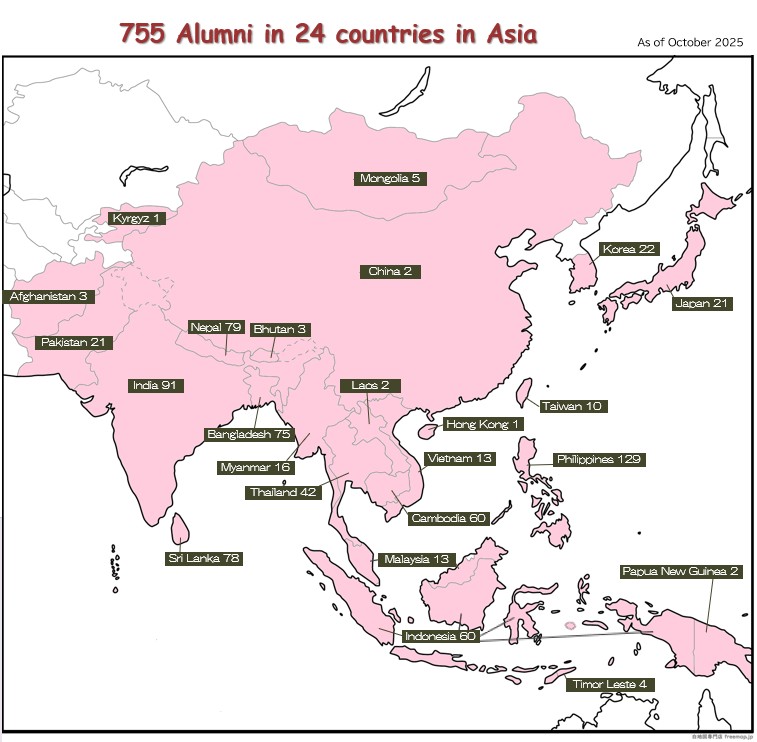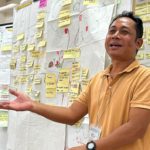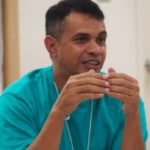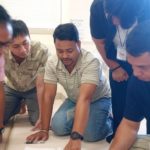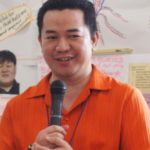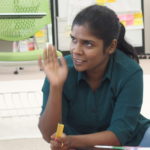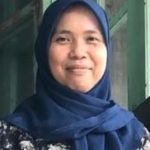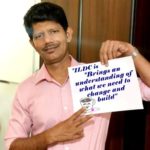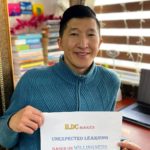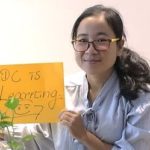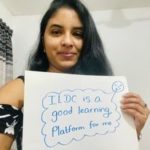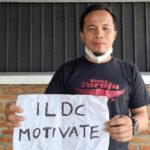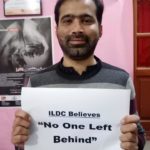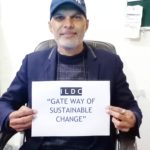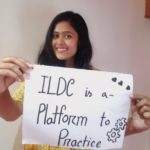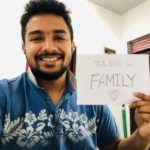
Objective
The course is to provide an opportunity for health and development workers seeking to improve their activities for promoting people’s participation and empowerment.
Throughout the course, the participants learn on learning skills, facilitation skills, and alternative ideas. The participants also learn how to participate and co-create learning community.
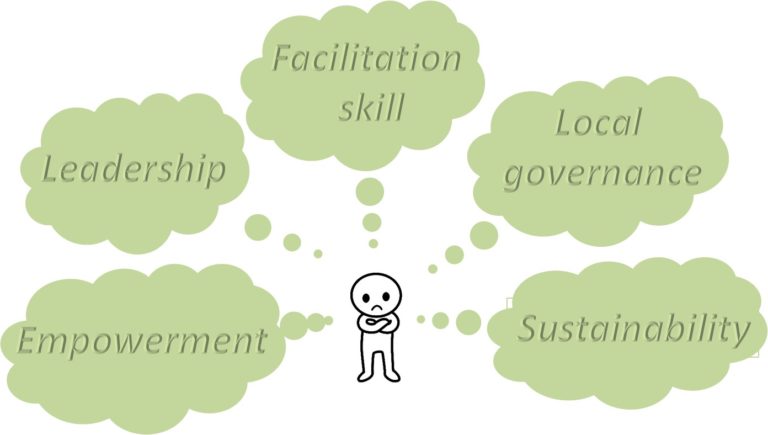
Uniqueness
This training course takes participatory approach.
Participants as resources
The course input will be based on participants’ ideas, skills, and experiences. So, the specific objectives as well as details of the schedule, contents, and methods will be decided by the participants. They are responsible for their own and others’ learning.
Learn from processes
The learning process will be the learning components of the course.
Learn from diversity
The participants learn from one another on their different background and experiences by working together.
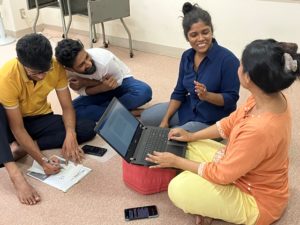
Target participants
The training course is useful for the health and development workers such as NGO staff, leaders of People’s Organization seeking for improvement and innovation in their activities.
for example;
-
- How to promote people’s participation and ownership,
- How to organize people to address the issues in the community,
- How to collaborate with multi-sector group, etc
*Please refer to the Course Outline and Application Guideline of each year for more details on the criteria for application.
Course format
The participants spend for 5~6 weeks at AHI with learning and living together in the dormitory of AHI building.
How to apply
About ILDC 2026, please click here. Course outline and guideline will be available
Alumni
Reference of the course
Voices from alumni
2025
2024
2021
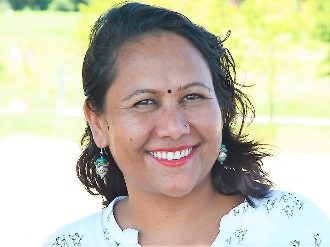
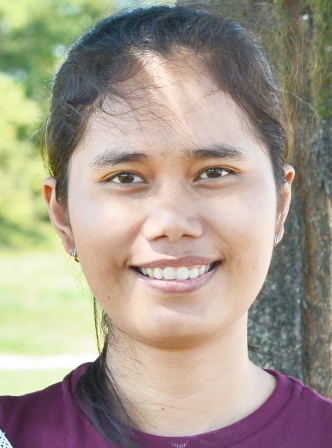

Voices from sending organization
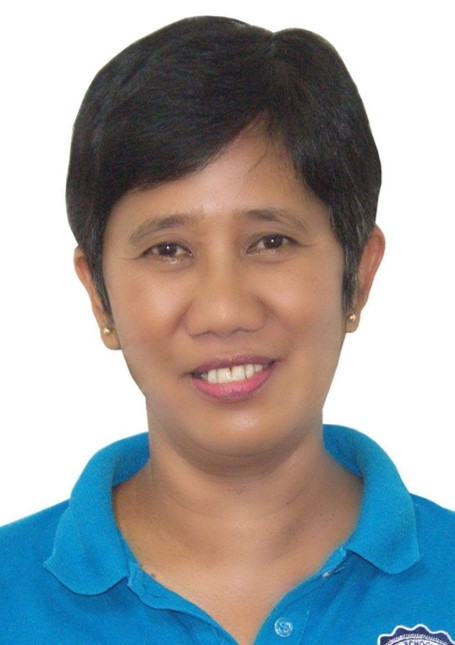
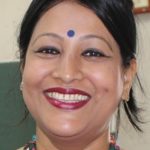
FAQ
Major countries of participants: India, Indonesia, Cambodia, Sri Lanka, Thailand, Nepal, Pakistan, Bangladesh, Bhutan, Philippines, Vietnam, Malaysia, Myanmar, Laos. (Varies from year to year, but all in South and Southeast Asia.)
There is no teacher in ILDC. Participants are facilitated by each other or by AHI staff so that their experiences, knowledge, and skills can be used to help others learn. This process helps developing participant’s leadership skills. Participants create their own learning through the participatory process.
AHI views “health” and “health care” in a broad sense. We discuss and consider all the issues that lead to unhealthy conditions of people, not only in their body, but also in their mind, and their social lives. Therefore, the training will be attended by people working on a variety of subjects and issues.
Application information are mainly sent to organizations of former ILDC participants and their network. We also send to the NGOs which AHI staff met during their exploratory visits on site. The selection process takes into account the track record of the organization to which the applicant belongs, the applicant’s clear purpose to learn and awareness of the issues. An online interview (Zoom) may be conducted to confirm what’s written in the application forms and to check English and communication skills.
We consider the balance of the participant’s background including gender and religion to ensure the diversity of the participant’s group, so that participants can maximize learning from one another.
The course goals and details will be determined by the participants. This is not a training course that follows a set of materials. Materials will be prepared, created, and distributed on a case-by-case basis as needed.
English proficiency may vary from participant to participant. Since it is a common language during the training, we will of course consider it as one of conditions of selection. However we do not question the accuracy or fluency of the English language itself. Rather, we consider the ability to communicate and make efforts to convey one’s thoughts and ideas most important. The same is true for the listener. The process of cooperating with each other to develop mutual understanding is also an important part of the training.
If the youth applicant has a clear idea of what is required to express in the application, he or she can get other’s help for translating it into English from local language. But during the training, if s/he cannot understand what others are saying or express own opinions, it will be extremely hard to gain any learning. We strongly suggest to avoid having NGO worker play an interpreter role during the training all the time. It takes a lot of time and energy to be an interpreter, and it makes it difficult for the NGO worker to focus on his/her learning. In other words, applicants do not need to be fluent at all, but they do need to be able to carry out conversations and participate in discussions in even simple English.
Basically, it is the responsibility of the applying NGO to provide sufficient learning environment for its nominees. So we suggest them to make effort on that.
We use online whiteboards to visualize the discussions and build on them. Overcoming the inconveniences and difficulties that come with being online is a good source of learning of everyone. (Video available for reference.)
Internship
AHI accepts interns who can support our International training course.
For the details, please click here.

